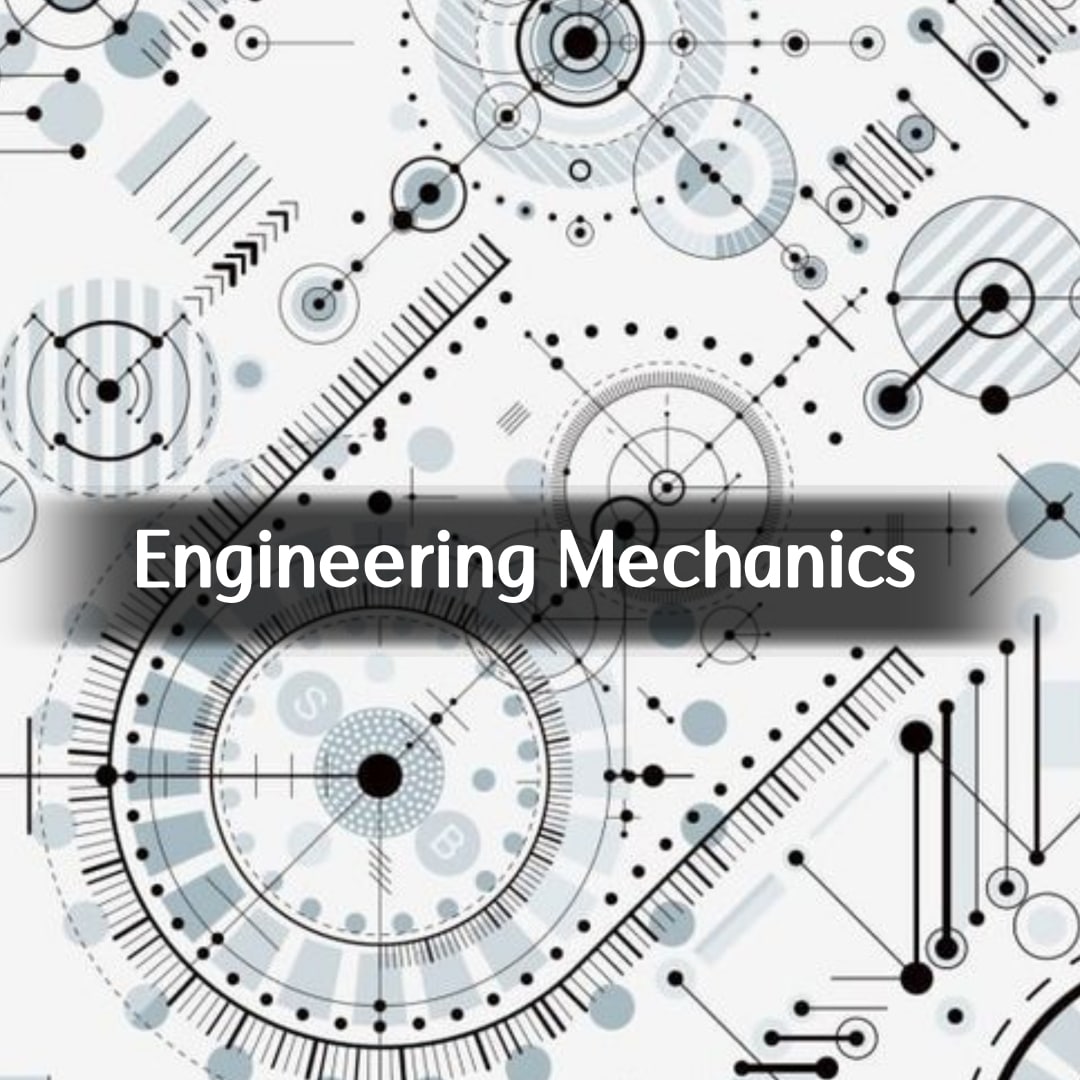Engineering Mechanics is a fundamental branch of engineering science that addresses the principles governing the behavior of physical bodies under the influence of forces and moments. This discipline serves as the cornerstone for understanding and analyzing the mechanical aspects of structures and machines. Key components of Engineering Mechanics include statics, which examines systems in equilibrium, and dynamics, which deals with objects in motion. In statics, students learn to calculate forces and moments acting on objects and structures to ensure they remain stable and stationary. In dynamics, the focus shifts to studying the causes of motion and the effects of forces on objects in motion. This knowledge is crucial in fields like civil engineering, where the stability of structures is paramount, and mechanical engineering, which involves designing machines and systems subject to various forces. Engineering Mechanics provides the essential groundwork for engineers to model, analyze, and design structures, vehicles, and mechanisms while ensuring their safety and efficiency. Understanding the fundamental principles of how objects respond to external forces is indispensable in solving practical engineering problems and is applicable in various engineering domains.





